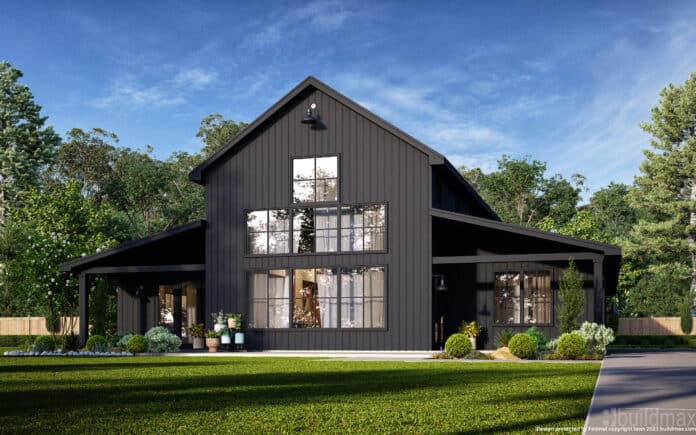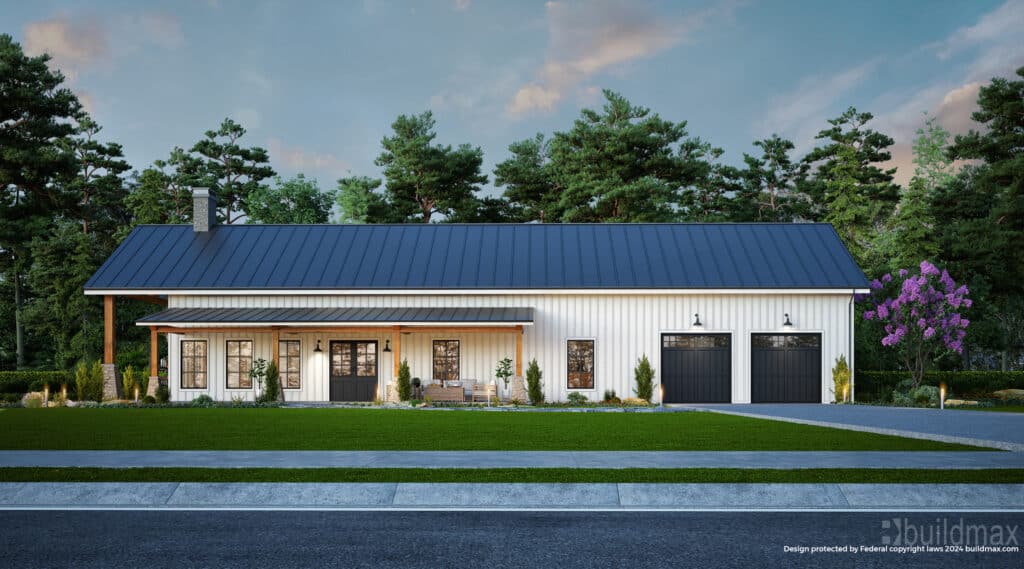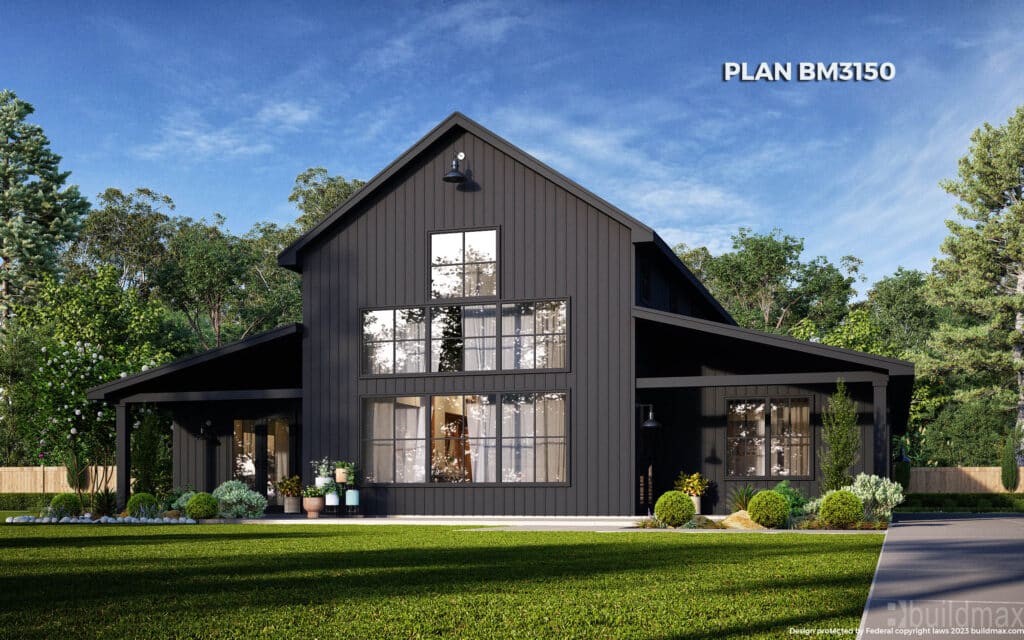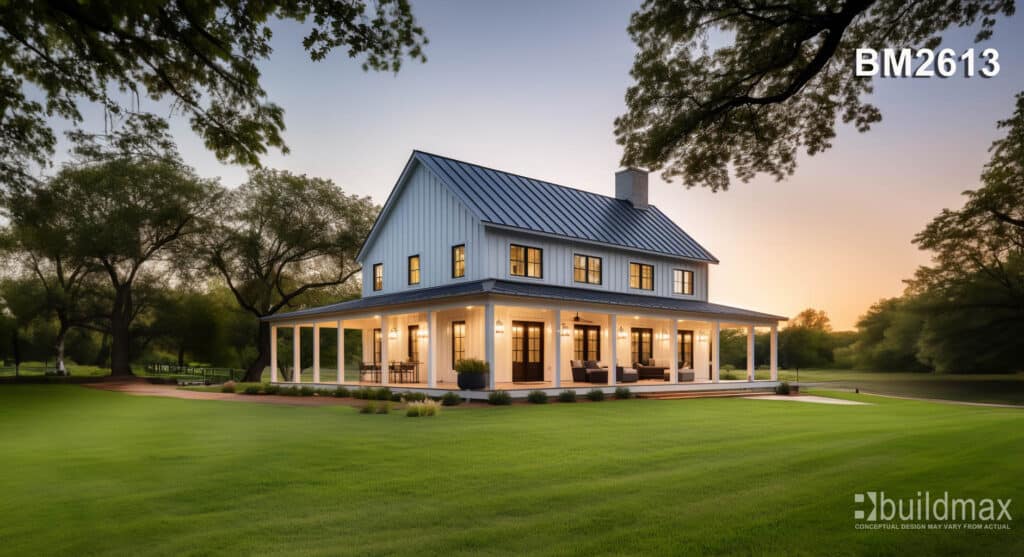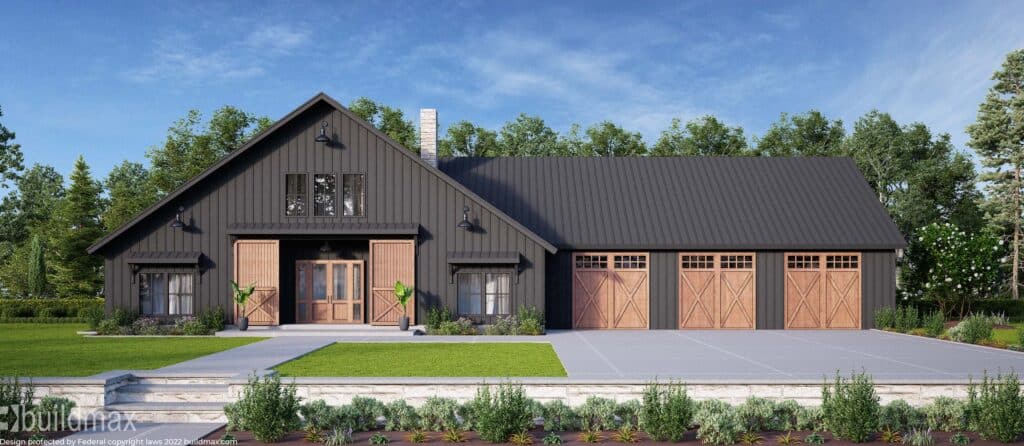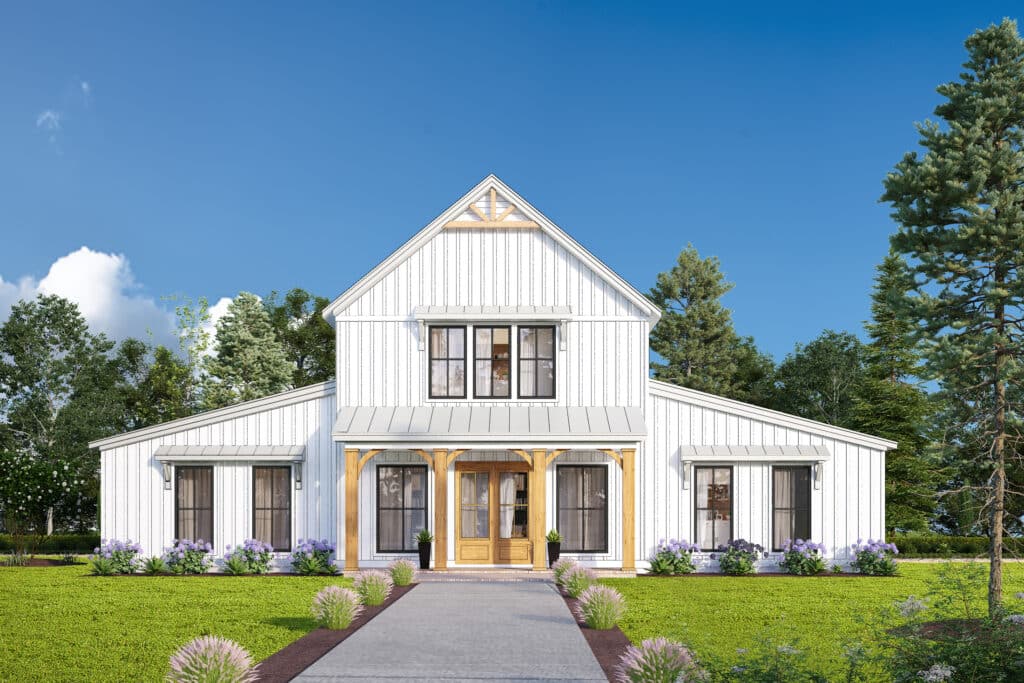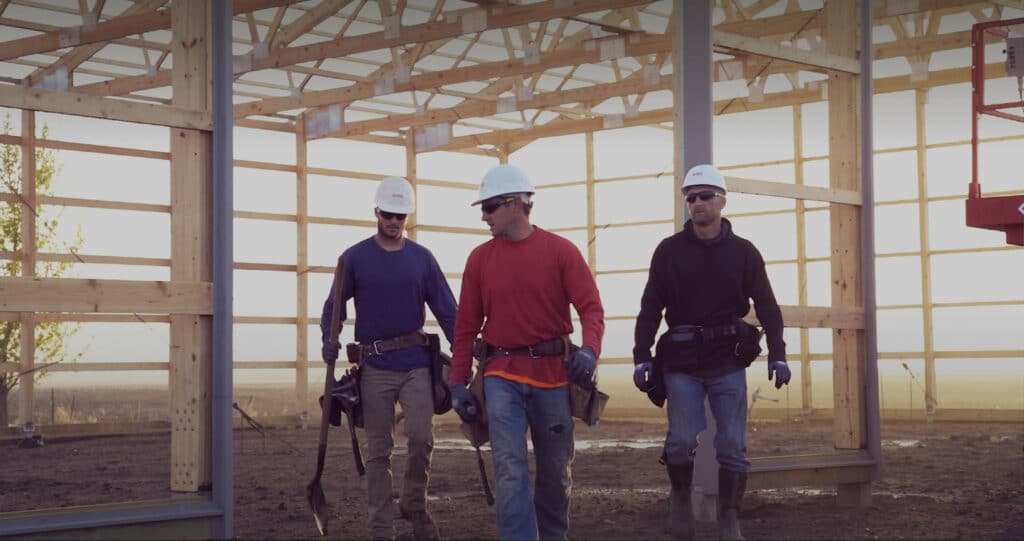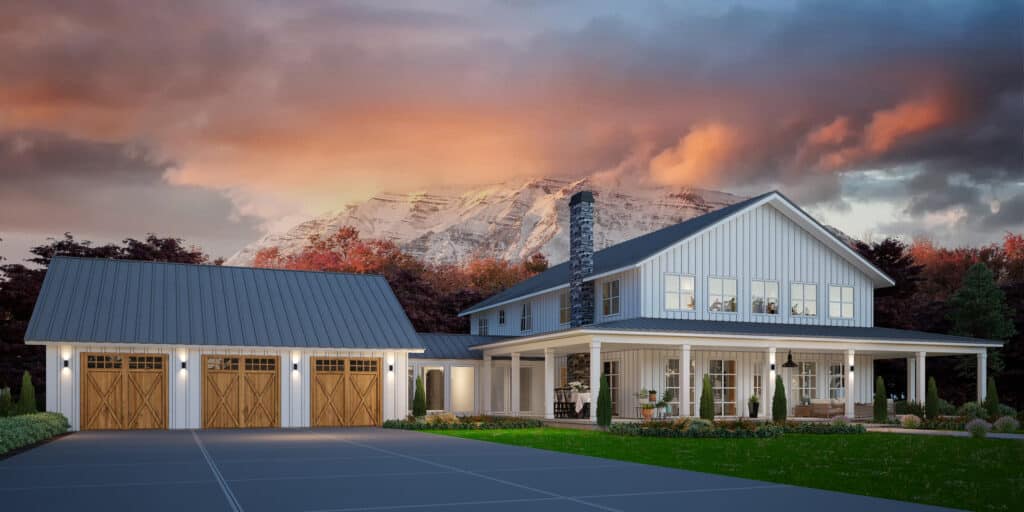How Do I Find a Good Local Builder? Unveiling the Path to Reliable Barndominium Construction
Finding a good local builder is paramount to the success of any construction project, whether you’re dreaming of building a barndominium, a traditional house, or undertaking a major renovation. The right builder not only brings your vision to life but also ensures the process is smooth, transparent, and free of unnecessary stress. However, with so many companies and independent contractors out there, identifying one that matches your needs, budget, and expectations can feel daunting. This comprehensive guide aims to shed light on effective strategies to find a trustworthy local builder who can turn your construction dreams into a Rustic Barndominium reality.
Start with Research
Google would be my first search maybe something like “Builders Near Me” or “Barndominium Builders in my area” The first step in finding a good local builder is thorough solid research. I like to Begin by compiling a list of builders operating in the area. Online directories, local business listings, and construction associations’ websites are excellent places to start with. Pay special attention to builders who specialize in custom projects or Custom homes in general, because at the end of the day a barndominium can be built with number of construction methods, Steel Frame Barndominium kits are beginning to take over as the #1 method because of the simplicity, ease of construction, and the strength and durability it provides. there are many builders out there who are familiar working with steel frame kits, A builder experienced in commercial projects might not be the best fit for a residential home, and vice versa. With a Barndominium kit you may not need a full crew to construct your frame, the lightweight nature makes it easy to handle the job can typically be tackled with a crew of 3-4 strong Men or Women.
Seek Recommendations- Word-of Mouth
Word-of-mouth recommendations are incredibly valuable. Talk to friends, family, and colleagues who have undertaken similar projects. Ask about their experiences and whether they would hire the same builder again. Personal endorsements can provide insights that you won’t find online or in promotional materials.
Personal recommendations come with a level of trust and credibility that is hard to find through other means. When a friend or family member endorses a builder, it’s based on their direct experience with the quality of work, communication, and reliability of the contractor. This firsthand account is invaluable in an industry where trust and professionalism are paramount.
Second, word-of-mouth recommendations often come with real-life examples and experience with a builder’s work. Potential clients might have the opportunity to see the finished projects in person, providing a tangible sense of the builder’s capabilities and attention to detail.
Furthermore, the digital evolution of word of mouth—online reviews and testimonials—has expanded the reach of personal recommendations. Platforms like Nextdoor, Houzz, and even Facebook community groups allow for the sharing of experiences and recommendations on a much wider scale than traditional word of mouth. Yet, even with the proliferation of digital platforms, the essence of word of mouth remains rooted in trust and personal experience.
Utilize Local Resources- Saw Mills- Banks, or Local Hardware Store.
One often overlooked resource is the customer service desk at local lumber yards and hardware stores. These establishments work closely with builders and contractors on a daily basis. They can provide insights into which builders consistently purchase high-quality materials, meet their financial commitments, and have a reputation for reliability and professionalism. Builders who pay their bills on time and are known for their ethical business practices are often a safer bet.
1. Local Building Departments
Your local building department is a critical resource for understanding zoning laws, building codes, and permit requirements in your area. They can offer guidance on the necessary steps to ensure your project complies with local regulations, which is crucial for avoiding costly mistakes and delays.
2. Professional Associations
Local chapters of professional associations, such as the National Association of Home Builders (NAHB) or the American Institute of Architects (AIA), can be excellent resources. They can provide referrals to reputable and licensed professionals, including builders, architects, and contractors, and often have resources on best practices and new trends in home construction.
3. Local Lumber Yards and Building Supply Stores
As mentioned earlier, the customer service desks at local lumber yards and building supply stores are not just for picking up materials; they’re a wealth of information. Staff can offer insights into which builders pay their bills on time and are reliable, as well as advice on materials and tools. They may also have connections with skilled tradespeople and subcontractors in your area.
4. Community Forums and Local-only Online Groups
Online community forums, social media groups, and platforms like Nextdoor can be great places to seek advice and recommendations from local residents who have undertaken similar projects. These platforms allow you to learn from others’ experiences, find recommendations for local services, and sometimes, discover DIY tips and cost-saving strategies.
5. Local Real Estate Agents
Real estate agents are not just for buying and selling homes; they can also be a resource for those looking to build. They understand the local market and can offer insights into land acquisition, property values, and the potential resale value of your home. Some may even have connections with local builders and developers.
6. Home Shows and Local Workshops
Attend home shows, expos, and workshops in your area to meet local builders, architects, and suppliers face-to-face. These events are excellent opportunities to see the latest building materials and technologies, gather ideas, and establish direct contacts with professionals who can help with your project.
7. Local Libraries and Bookstores and Must-Read Books
Don’t overlook the value of a good old-fashioned book. Local libraries and bookstores can have resources on home building, architecture, and design, including codes and regulations specific to your area. These can be great for research and inspiration in the planning stages of your project.
Building a barndominium involves a blend of traditional home construction and unique challenges specific to the barndominium style. If you’re embarking on this journey, equipping yourself with knowledge is key to navigating the process successfully. Here are some great books that cover various aspects of building a home, with principles that can be applied to constructing a barndominium:
1. “Building Your Own Home For Dummies” by Kevin Daum, Janice Brewster, and Peter Economy
A comprehensive guide for anyone new to the world of home construction. This book simplifies complex concepts and walks you through each phase of building a home, from planning and budgeting to dealing with contractors and inspections.
2. “The Complete Guide to Contracting Your Home” by Kent Lester and Dave McGuerty
Ideal for those who plan to take a hands-on approach to their barndominium project, this book offers detailed insights into managing your build. It includes cost-saving tips, checklists, and sample contracts.
3. “Be Your Own House Contractor: Save 25% without Lifting a Hammer” by Carl Heldmann
Focusing on the financial aspects of building, this book demonstrates how to save money by acting as your own contractor. It’s a valuable read for anyone looking to cut costs without compromising on quality.
4. “Habitat for Humanity How to Build a House” by Larry Haun
Written by a seasoned carpenter and Habitat for Humanity volunteer, this book offers step-by-step instructions on house building. It’s filled with detailed illustrations and practical advice, making complex construction tasks understandable for beginners.
Neighbors and Community Members
Finally, engage with your neighbors and other community members who have recently built homes. They can offer advice, share their experiences, and recommend local builders and contractors. Firsthand accounts of their building journeys can provide practical insights and help set realistic expectations for your project.
Check Online Reviews and Portfolios
In the digital age, online reviews and portfolios are invaluable. Websites such as Houzz, Angie’s List, and even Google Business can offer a plethora of reviews from previous clients. While no builder will have a perfect record, look for patterns in the feedback. Consistent praise for communication, quality, and staying on budget are good signs. Additionally, reputable builders often showcase their portfolios on their websites, giving you an opportunity to assess their craftsmanship and style compatibility with your vision.
Verify Credentials and Experience
Ensure any builder you consider is licensed, insured, and has relevant experience. Licensing ensures they meet local construction and business regulations, while insurance protects you from liability in case of accidents or damage during the project. Don’t hesitate to ask for proof of these credentials, and consider checking their standing with the local building department or consumer protection agency.
Conduct Interviews
Once you’ve narrowed down your list, arrange face-to-face meetings with the builders. This is your opportunity to discuss your project in detail and gauge their communication skills, professionalism, and enthusiasm for your project. It’s also the perfect time to ask about their recent projects, request references, and discuss timelines and budgets.
Evaluate The Builder’s Communication Style
Effective communication with your builder is crucial when embarking on the journey of building a barndominium. while offering flexibility and a distinctive living space, also comes with its own set of challenges and considerations. Ensuring clear, open, and consistent communication can help in aligning your vision with the execution and in navigating any potential hurdles that arise during the construction process. Here’s how to foster effective communication with your builder:
1. Establish Clear Communication Channels
From the outset, establish how and when communication will take place. Determine the preferred method of communication, whether it be through email, phone calls, or in-person meetings, and set a regular schedule for updates and check-ins. This helps in maintaining a consistent flow of information and ensures that both parties are on the same page.
2. Document Everything
Keep a written record of all communications, decisions, and changes related to the project. This can include emails, meeting notes, and text messages. Documentation is key in preventing misunderstandings and provides a reference point for decisions made throughout the project.
3. Be Specific About Your Expectations
Clarity about your expectations and vision is essential. Provide detailed descriptions, photos, or examples whenever possible to illustrate your ideas and preferences. The more specific you can be about what you want, the easier it is for your builder to deliver results that meet or exceed your expectations.
4. Stay Open to Expert Advice
While it’s important to have a clear vision, being open to your builder’s suggestions and expertise can lead to better outcomes. Experienced builders can offer valuable insights on materials, design alternatives, and cost-saving measures that you might not have considered.
5. Address Issues Promptly
If concerns or issues arise, address them directly and promptly with your builder. Waiting or allowing small issues to fester can lead to bigger problems down the line. Early resolution can prevent delays and maintain a positive working relationship.
6. Respect Boundaries
Understand and respect the professional boundaries of your builder and their team. This includes respecting their time by adhering to agreed-upon communication schedules and recognizing their expertise by trusting them to make the best decisions in their area of specialization.
7. Regularly Review Progress
Regular site visits and progress reviews can help ensure that the construction is aligned with your vision and expectations. These visits are also an opportunity for face-to-face communication, allowing you to discuss any adjustments or changes directly.
8. Cultivate a Partnership Mentality
Approach the project as a collaborative partnership rather than a transactional relationship. Building a home is a significant undertaking, and fostering a positive and cooperative relationship with your builder can make the process smoother and more enjoyable for everyone involved.
Effective communication is the cornerstone of a successful barndominium building project. By establishing clear channels of communication, documenting everything, being open to advice, and addressing issues promptly, you can ensure that your vision for your dream barndominium is realized. Remember, a successful build is not just about the end product but also about the journey there, and effective communication plays a critical role in making that journey a positive experience.
Ask for and Check References
Reputable builders should have no issue providing references from past clients. Take the time to contact these references, and if possible, visit the completed projects. Ask about their overall satisfaction, any challenges encountered, and how those challenges were resolved.
Understand the Quote
Finally, when you receive quotes, ensure they are detailed and transparent. The lowest bid might not always be the best choice if it sacrifices quality or uses inferior materials. A good builder will be happy to walk you through the quote, explaining costs and offering options that can meet your budget without compromising on the essential aspects of your project.
Finding a good local builder requires diligence, research, and a bit of intuition. Utilizing local knowledge, such as insights from lumber yards, alongside thorough vetting and personal interactions, can lead you to a builder who not only understands your vision but can execute it with integrity, quality, and professionalism. Remember, a good builder is not just a contractor; they are a partner in bringing your dream project to life.



